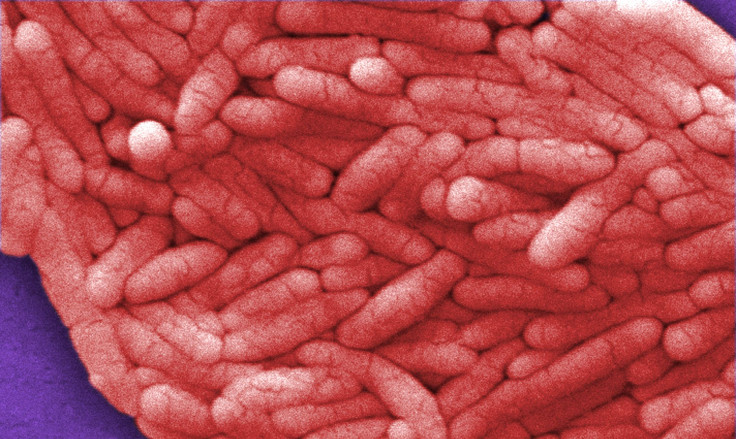Australia Salmonella outbreak: Sizeable jump in Salmonella cases leads to recall of ‘Red Dirt’ Rockmelons

Australian health authorities have warned pregnant women, the elderly and infants to avoid eating a particular brand of watermelons after more than 80 people were struck down by a national salmonella outbreak. The salmonella strain has been linked to the “Red Dirt” Rockmelons.
The Red Dirt Melons, an NT-based supplier is calling off its rockmelons after Food Standards Australia New Zealand (FSANZ) launched an investigation after a spike in salmonella cases in a quite a few Australian states. As per the health authorities, both whole and pre-sliced rockmelons may carry the bacteria and should be avoided at all costs.
In the two weeks to Aug. 1, 86 cases of Salmonella Hvittingfoss (S. Hittingfoss) have been reported nationally, out of which, 43 cases are from NSW.
“State and territory food enforcement agencies are investigating cases of Salmonella, possibly associated with rockmelon, following an increase in cases in a number of states in Australia. While we wait for further information, the best advice is that consumers, especially infants, the elderly, pregnant women or people with compromised immune systems, should not consume rockmelon. FSANZ will continue to work with the state and territory enforcement agencies and the Federal Department of Health and update its advice to consumers,” Food Standards Australia said in a statement.
It is a sizeable jump in the number of Salmonella cases compared to the last five years, which saw two cases on average in NSW. As per The Sydney Morning Herald, although the people affected by the recent outbreak range in ages, 49 percent of the NSW cases were children below five years of age.
Many of the patients in NSW consumed rockmelon. Hence, health authorities are discouraging people to consume them if they are not sure of their source. Water contamination may lead to whole watermelons becoming affected with salmonella. The NSW Food Authority has also mentioned lack of cleaning rockmelons before sale, animals, pests and fertilisers as possible causes of contamination. Sliced melons must be kept refrigerated.
Consuming contaminated food mainly leads to Salmonella infections. Symptoms include vomiting, nausea, abdominal pain, diarrhoea, headache and fever. Symptoms generally arise within six to 72 hours of consuming contaminated food. Even though the infection lasts four to seven days, it may last longer.





















